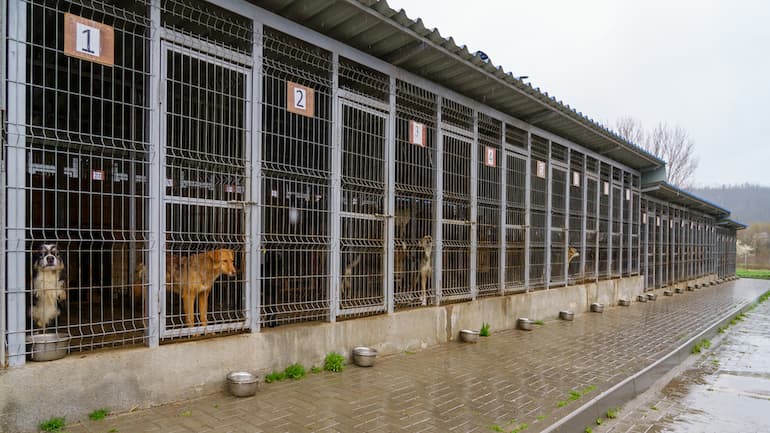Overwhelmed U.S. shelters took in 250,000 more animals in 2023, most of them dogs: Information from 7,000 animal shelters nationwide shows a 250,000 increase in 2023 over 2022 in the number of animals surrendered to shelters, reports Shelter Animals Count. Dogs are being turned in more often, experts say, because of financial concerns. The increase in surrendered animals includes puppies and purebred animals, writes CBS News.
People in rural areas have greater obesity risks: People of Color already experience greater rates of obesity because of historic inequities in health care access, but a new study says those disparities are worsened in particular for People of Color who live in rural areas, reports the University of Rhode Island. In addition, rural areas show a higher rate of obesity overall, leading to higher rates of type 2 diabetes and increased rates of death, says Steve Cohen, an associate professor of health studies at the University of Rhode Island.
Pope Francis calls for ban on surrogacy: The leader of the Catholic Church called Monday, in his “state of the world” speech, for surrogate parenting to be banned worldwide, reports PBS. Pope Francis, who late last year sanctioned “blessings” for same-sex unions, labelled surrogacy “uterus for rent” and an ethical violation. Surrogate parenting is when a person bears a child through pregnancy for a fee, paid by a couple seeking to have children but unable to conceive themselves. The practice is currently banned in Spain and many parts of Europe, PBS writes. Some attribute the increased attacks on surrogacy as facet of conservative attacks on LGBTQ+ rights, writes the CBC.
Gender transition surgery in Ohio banned: A week after vetoing a legislative ban on all gender-affirming care for minors, Ohio Gov. Mike DeWine has announced a ban on gender transition surgeries only, for minors. The ban is expected to have little impact: a Reuters report from October 2022 indicates less than 300 youths nationwide annually are documented to receive either “top” surgery (removal of breasts) or genital surgery (reconstruction of genitals to match their chosen identity).
Climate change may increase challenge of antibiotic resistance: Labelling climate change and antibiotic resistance as “two of the biggest health issues of our time,” several researchers are exploring how the increased flooding and heat caused by climate change could be increasing the spread of bacteria that is resistant to antibiotics, reports Nature Magazine. Factors at play include how disasters caused by climate change can lessen access to sanitary water; possible evolution in bacteria triggered by higher temperatures; and differences in how people interact with each other when facing climate change crises or natural disasters.


